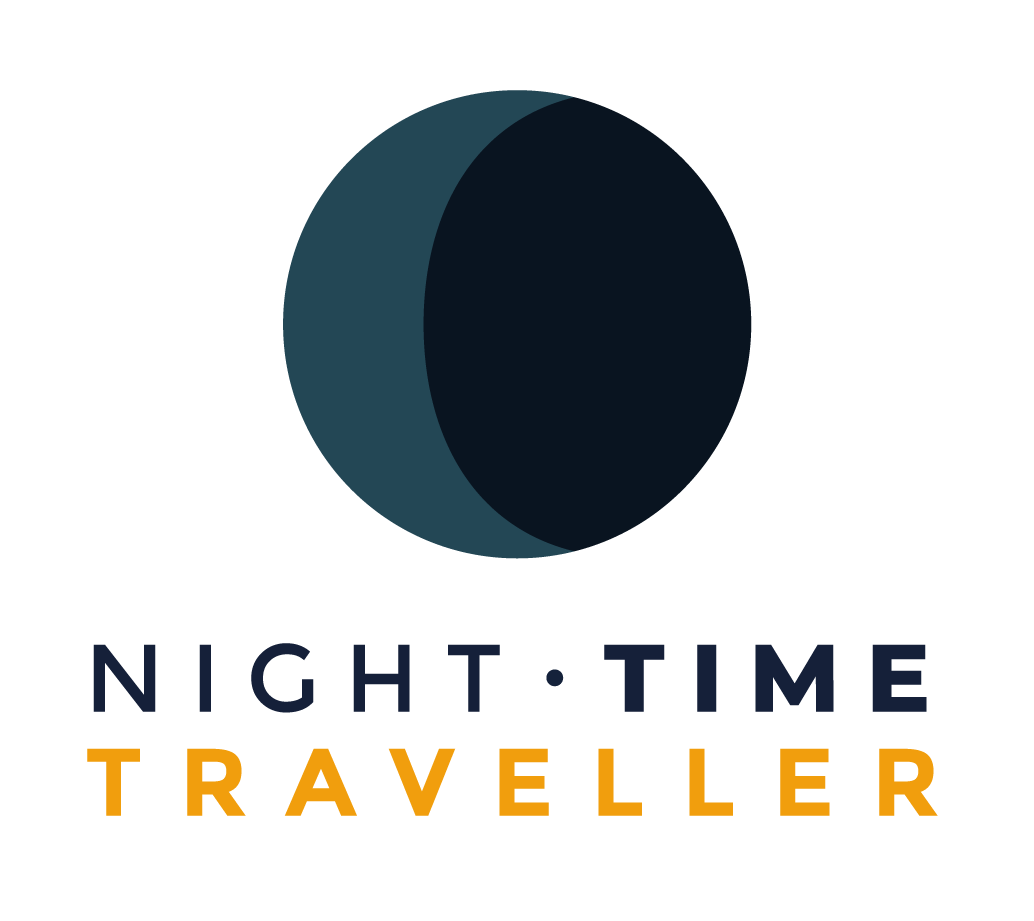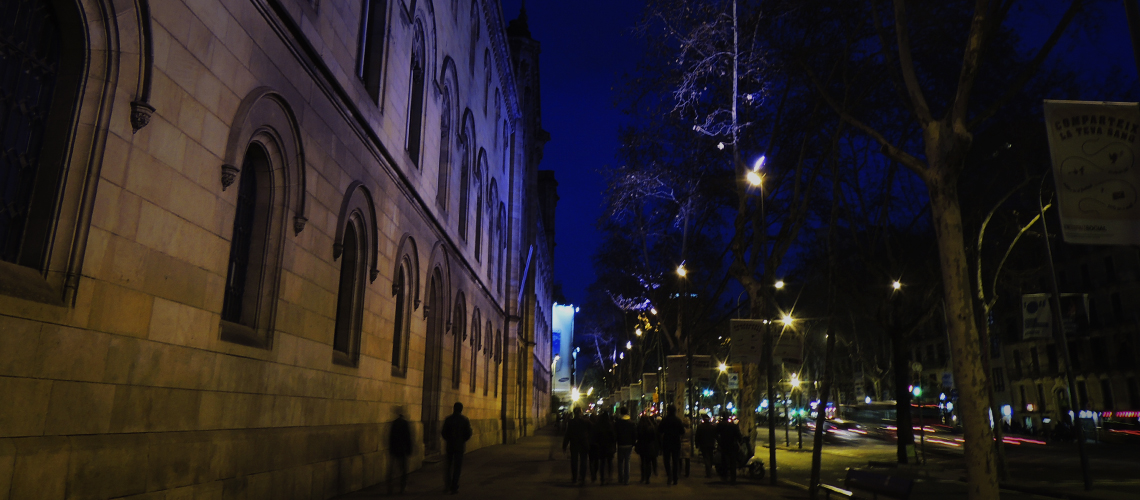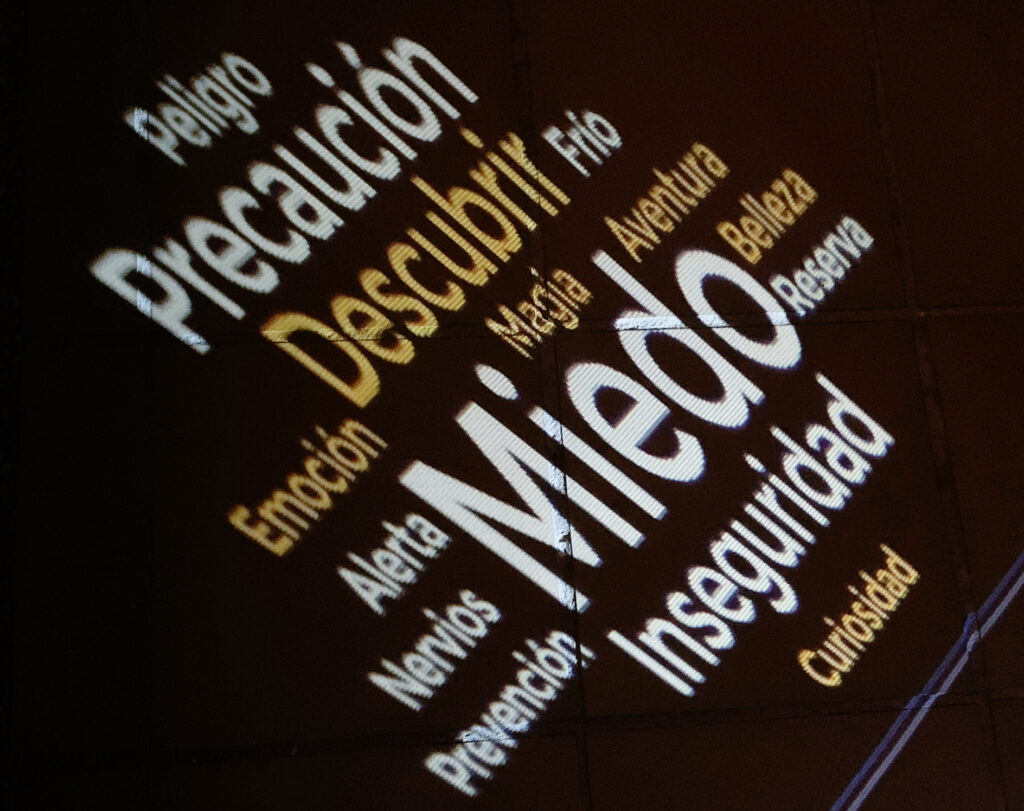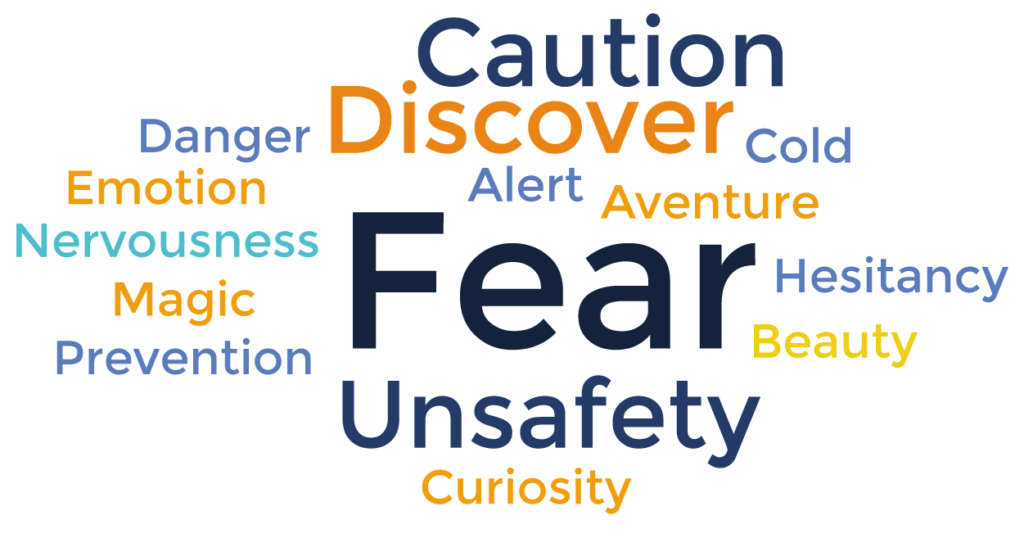MUJERES EN LA NOCHE
Desde temprana edad asociamos la capacidad de aprender a caminar con el sentido de libertad. Esos primeros pasos alrededor de nuestro primer año de vida son señales de independencia, ese poder que sentimos al ser capaces de explorar el mundo que nos rodea por nosotros mismos. Caminar nos da una sensación de libertad que permanece con nosotros durante toda nuestra vida.
Al comienzo de nuestra vida, seamos niños o niñas, nos animan a aprender a caminar por nuestros hogares y a explorar, con ciertas precauciones, el mundo que se abre a nuestro alrededor. Luego llevamos esos pasos a espacios al aire libre, donde aprendemos a caminar en un ambiente menos controlado y luego a correr, algo que finalmente podemos hacer en espacios compartidos como parques o plazas.
Con el paso del tiempo, esa sensación de libertad inicia a verse diferente dependiendo de nuestro género. Como mujeres, comenzamos a escuchar frases como “no debes caminar sola por la noche”, “debes evitar usar ropa provocativa”. Esas frases pueden ser más o menos extremas entre países como resultado de construcciones sociales que luego se traducen en normas y límites.
UNA HISTORIA COMPARTIDA
En mi juventud comencé a ser consciente de esa diferencia entre mujeres y hombres. Al principio, no estaba segura si ese sentimiento era solo mi propia construcción, por mi timidez o por el hecho de crecer en un colegio católico donde las normas eran muy claras sobre “cómo debe comportarse correctamente una dama”, refiriéndose a no dar su opinión si no se la pedían, no hablar, no ser tan ruidosa o exigente, y entre todos esos “NO”, no salir sola durante la noche.
Pero luego descubrí que el miedo a la noche era un sentimiento compartido. Ese sentimiento se volvió recurrente en los comentarios de amigas cercanas y otras mujeres que conocí a lo largo de mi camino. Y más recientemente, en palabras de otras mujeres que aunque no conozco en persona, puedo conectar con sus sentimientos al leer sus historias en una encuesta piloto que hice, tratando de indagar más profundamente sobre las raíces de ese sentimiento compartido. Después de todo, la mayoría de nosotras fuimos instruidas con ese miedo a la noche y en una cultura lista para hacer comentarios excluyentes hacia las mujeres que se atrevieran a disfrutar de la noche.
Visualización de datos de la respuesta a la pregunta: Define en una palabra el primer sentimiento que viene a tu mente, cuando exploras una ciudad durante la noche
Incluso mujeres a las que admiro profundamente por su sentido de libertad y empoderamiento, como Michelle Obama, han hablado de ese sentimiento. En su libro “Becoming”, ella escribió “sabía que nunca debía caminar sola durante la noche” refiriéndose a sus primeros pasos de libertad al caminar y encontrar su propio espacio en la ciudad de Chicago cuando era una adolescente. En esa parte del libro, ella también habla de esa necesidad de evitar a los grupos de hombres y sus miradas intimidantes. Pasos como tantos otros que se supone debemos seguir para no estar expuestas en la noche urbana.
TAN INVISIBLES COMO SEA POSIBLE
Después de un tiempo de explorar ese sentimiento conjunto de miedo y mis propios sentimientos, llegué a la conclusión que, como mujeres hemos estado tratando de ser lo más invisibles que se pueda durante la noche urbana. Quizás como un sentido de autoprotección. Una forma de recordar esas normas de comportamiento que la sociedad nos ha impuesto, todas estas, para evitar el acoso, porque sabemos que si nos atacan, la sociedad nos va a culpar por provocar estas situaciones, esto es algo que continuamente vemos en nuestro contexto.
Me di cuenta que la forma en que nos movemos, la velocidad de nuestros pasos, las emociones que ponemos en los recorridos urbanos, de repente se volvieron controlados y supervisados por ojos externos cuando somos mujeres. Y esos ojos están preparados para juzgarnos si algo desafortunado nos pasa. Con esta situación, como mujeres, tomamos conciencia que nuestro género, esa construcción social, en lugar de incluirnos o integrarnos a la sociedad, ha contribuido a limitar nuestra interacción con los espacios públicos debido a esos prejuicios.
Me di cuenta que la forma en que nos movemos, la velocidad de nuestros pasos, las emociones que ponemos en los recorridos urbanos, de repente se volvieron controlados y supervisados por ojos externos cuando somos mujeres.
Entonces, ¿qué sucede cuando esa señal básica de libertad parece disminuida por los patrones culturales y limita la forma en que las mujeres exploran los entornos al aire libre en comparación con los hombres? ¿Por qué nuestras posibilidades de explorar el mundo deberían verse afectadas solo porque somos mujeres? Parece que si somos mujeres nos vemos obligadas a pasar el tiempo en casa cuando comienza la noche, si queremos sentirnos seguras.
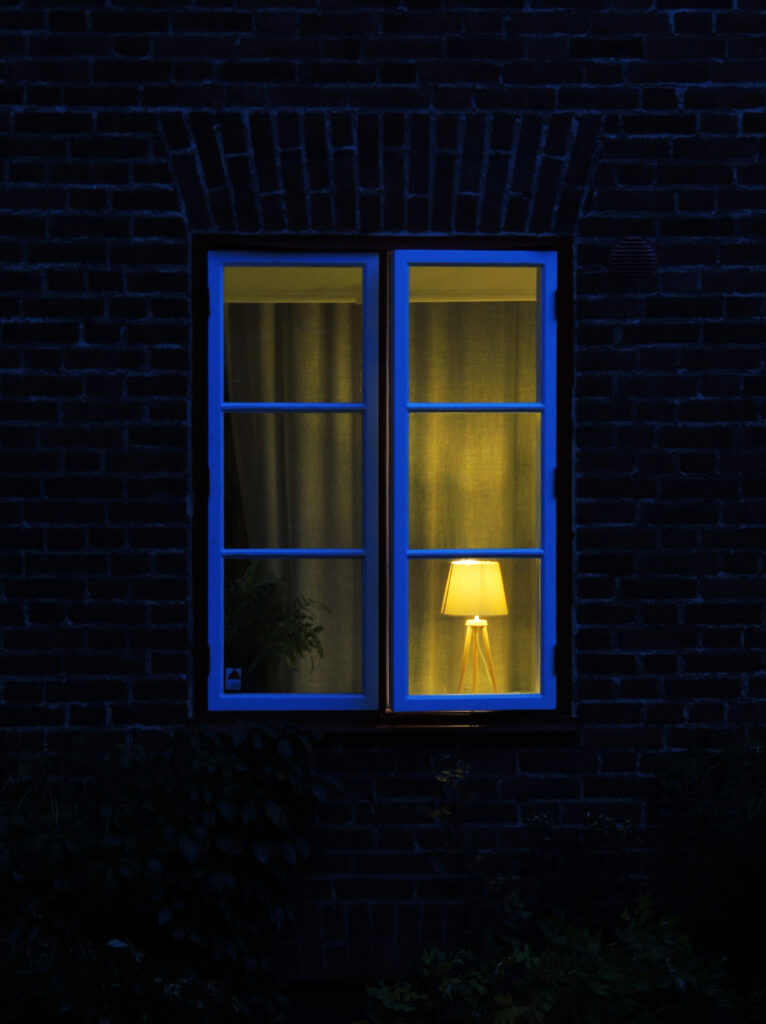
ENCONTRANDO NUESTRO ESPACIO EN LA NOCHE
Desde mi propia experiencia, creo que no debemos permitir que la sociedad determine la forma en que exploramos nuestras ciudades. Como mujeres, pertenecemos a la noche urbana tanto como los hombres. Podemos participar activamente en la construcción urbana, no solo en la física, sino en el imaginario urbano. No debemos cohibirnos de tomar esa clase que tanto nos gusta, solo porque es en la noche, y tenemos demasiado miedo de caminar solas durante la noche. Una mujer debe sentirse tan segura como se siente un hombre. No debemos dejar de disfrutar de esa película o evento cultural por la noche, por ningún motivo.
Podemos participar activamente en la construcción urbana, no solo en la física, sino en el imaginario urbano.
Realmente creo que la experiencia de haber viajado sola y haber podido disfrutar de la noche en una ciudad en el extranjero cuando tenía 19 años, en un lugar donde la sociedad no era tan conservadora como la mía, me dio ese sentido de libertad que me permitió moverme con más confianza en mis 20s. Aprendí que podía inscribirme a ese taller de escritura creativa que tanto quería hacer, que podía ir a tomar esas copas en el bar cerca de casa aunque estuviera sola y no conociera a nadie. Tuve la suerte de descubrir esas oportunidades, que me abrieron por completo el sentido a nuevas posibilidades.
Con esto quiero invitarlas a encontrar su espacio en la noche urbana. Sientanse libres de elegir la noche como un momento para tomar esas clases que tanto quieren, para aplicar a ese trabajo que realmente disfrutan o simplemente para divertirse. Como sociedad, debemos dejar de culpar a las mujeres por ser agredidas o por atreverse a disfrutar de las ciudades durante la noche, y en cambio promover ciudades más inclusivas, con menos limitaciones y más oportunidades. Debemos alentar a las niñas y mujeres a que encuentren su propio camino, su propio lugar, y se sientan libres de hacerlo en la noche urbana guiadas por su propia luz.
Viajera nocturna
AYÚDANOS A CRECER ESTA COMUNIDAD
Si te gustó esta historia, comparte esta publicación y ayúdanos a agregar más personas a nuestra comunidad. O déjanos un comentario con tus historias nocturnas, temas de los que quieres que hablemos o comparte con nosotros tus pensamientos sobre las ciudades nocturnas.
